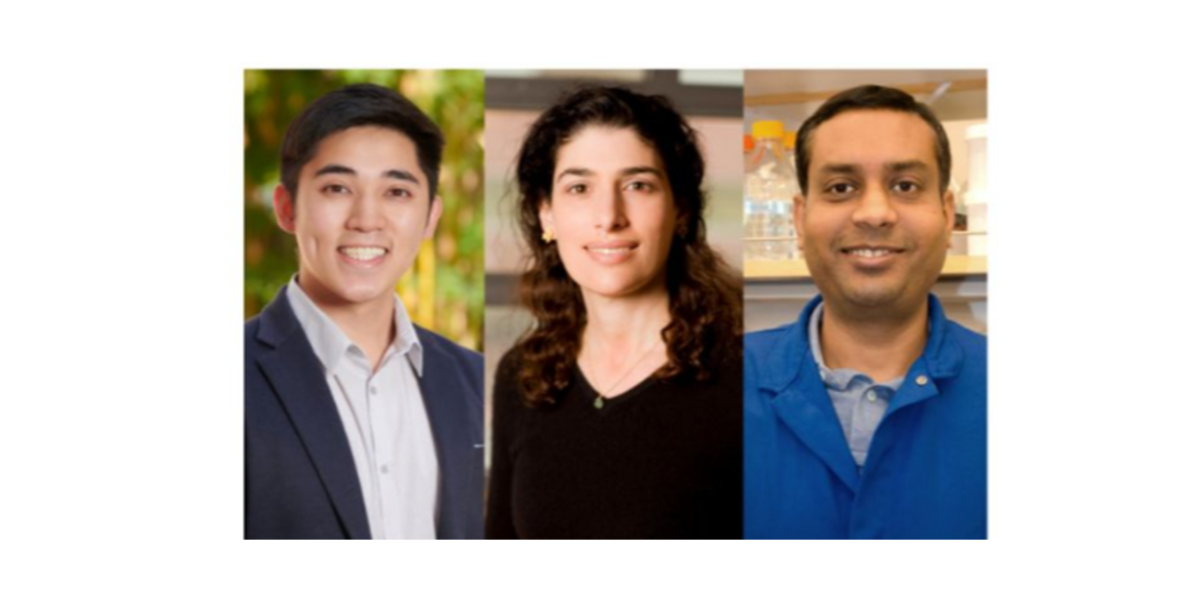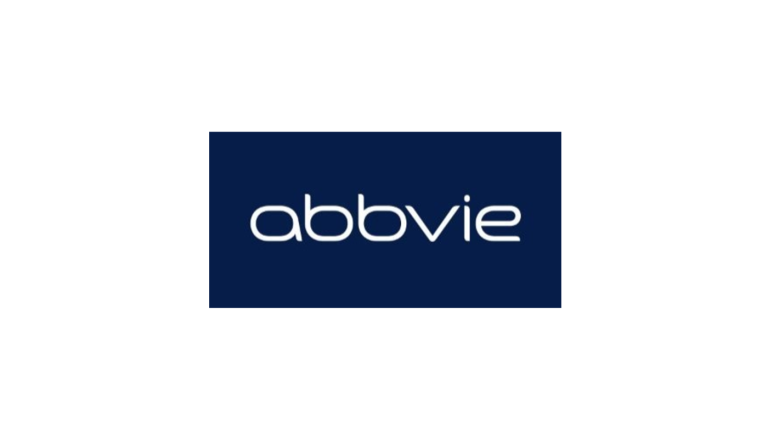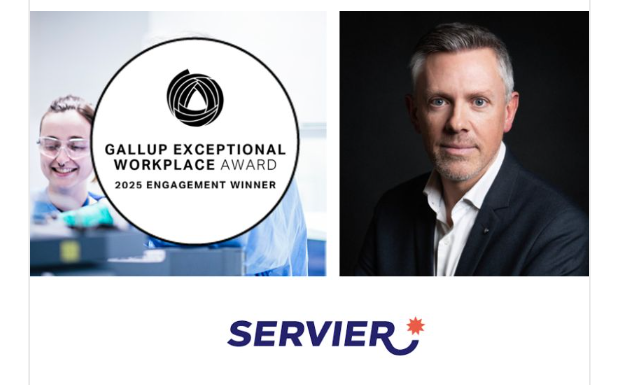Investigators from the UCLA Health Jonsson Comprehensive Cancer Center have developed an artificial intelligence (AI) model based on epigenetic factors that is able to predict patient outcomes successfully across multiple cancer types.
The researchers found that by examining the gene expression patterns of epigenetic factors — factors that influence how genes are turned on or off — in tumors, they could categorize them into distinct groups to predict patient outcomes across various cancer types better than traditional measures like cancer grade and stage.
“Traditionally, cancer has been viewed as primarily a result of genetic mutations within oncogenes or tumor suppressors,” said co-senior author Hilary Coller, professor of molecular, cell, and developmental biology and a member of the UCLA Health Jonsson Comprehensive Cancer Center and the Eli and Edythe Broad Center of Regeneration Medicine and Stem Cell Research at UCSF. “However, the emergence of advanced next-generation sequencing technologies has made more people realize that the state of the chromatin and the levels of epigenetic factors that maintain this state are important for cancer and cancer progression. There are different aspects of the state of the chromatin — like whether the histone proteins are modified, or whether the nucleic acid bases of the DNA contain extra methyl groups — that can affect cancer outcomes. Understanding these differences between tumors could help us learn more about why some patients respond differently to treatments and why their outcomes vary.”
“We saw that the prognostic efficacy of an epigenetic factor was dependent on the tissue-of-origin of the cancer type,” said Mithun Mitra, co-senior author of the study and an associate project scientist in the Coller laboratory. “We even saw this link in the few pediatric cancer types we analyzed. This may be helpful in deciding the cancer-specific relevance of therapeutically targeting these factors.” “The pan-cancer AI model is trained and tested on the adult patients from the TCGA cohort and it would be good to test this on other independent datasets to explore its broad applicability,” said Mitra.
“Our research helps provide a roadmap for similar AI models that can be generated through publicly-available lists of prognostic epigenetic factors,” said the study’s first author, Michael Cheng, a graduate student in the Bioinformatics Interdepartmental Program at UCLA.



